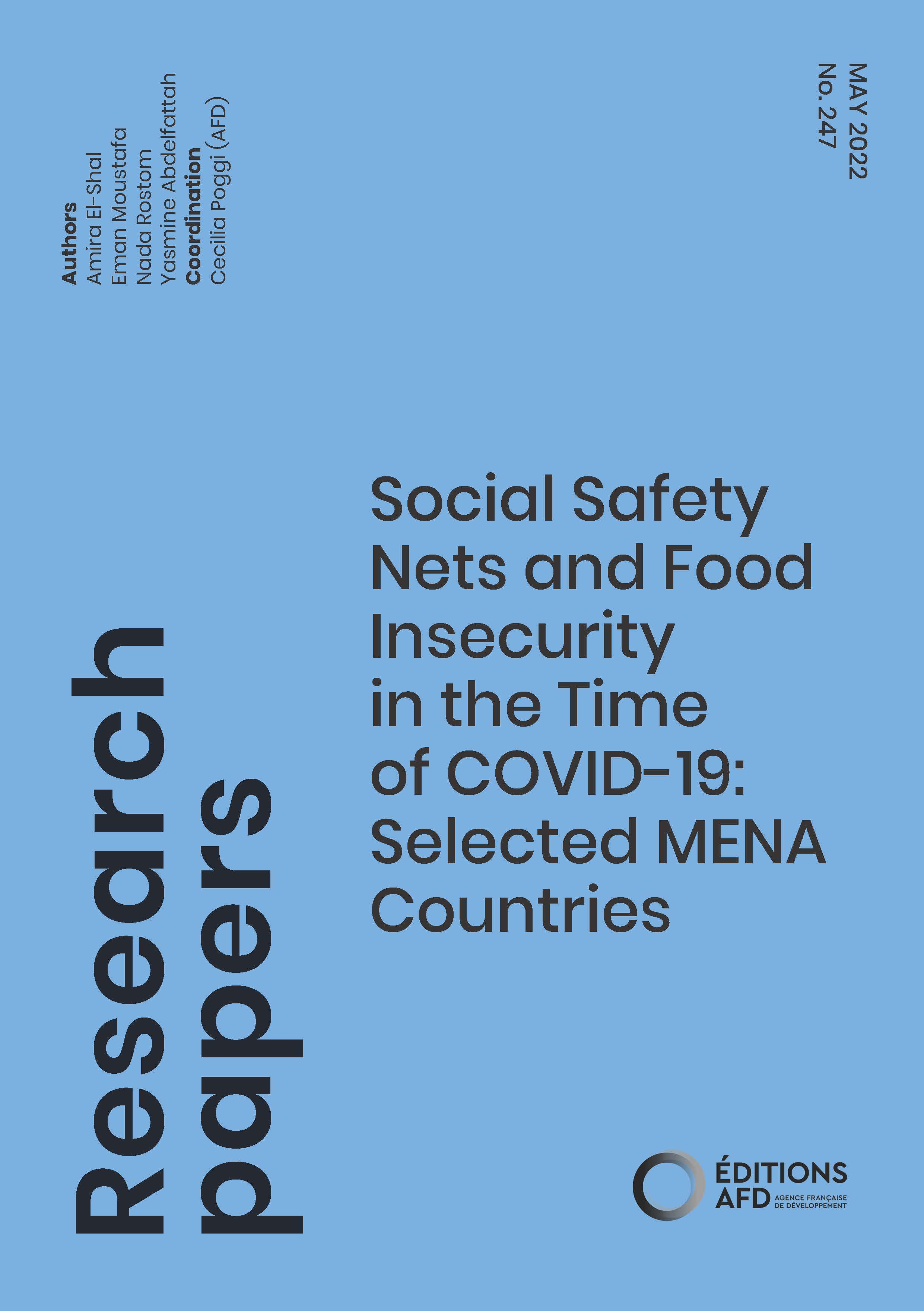Share the page
Social Safety Nets and Food Insecurity in the Time of COVID-19: Selected MENA Countries
Published on

COVID-19 is testing food and social protection systems in the Middle East and North Africa (MENA) region at an unprecedented scale. Countries responded by expanding social safety nets (SSNs) and/or distributing new cash transfers. We estimate if and to what extent SSNs have mitigated food insecurity in MENA during COVID-19, using a unique panel survey of four MENA countries for November 2020–June 2021. Our difference-in-differences (DD) fixed-effects estimates show that those who received non-usual government support in Tunisia were 15 percentage points (ppts) less likely to be unable to buy their typical amount of food due to price increases than those who did not receive support. No significant effects are observed in Egypt, Jordan, and Morocco. Non-usual social support from non-governmental institutions had greater effect. Individuals who received non-usual support from non-governmental institutions in Morocco and Jordan were, respectively, 22 ppts and 15 ppts less likely to report being unable to buy their typical amount of food due to decreased income. Our estimates also show that government SSNs have mitigated the negative effect of food insecurity on resorting to adverse coping strategies during COVID-19, especially selling assets.
Useful Information
-
Authors
-
Amira EL-SHAL, Eman MOUSTAFA, Nada ROSTOM, Yasmine ABDELFATTAH
-
Coordinators
-
Edition
-
247
-
Page number
-
41
-
ISSN
-
2492 - 2846
-
Collection
-
Research Papers
